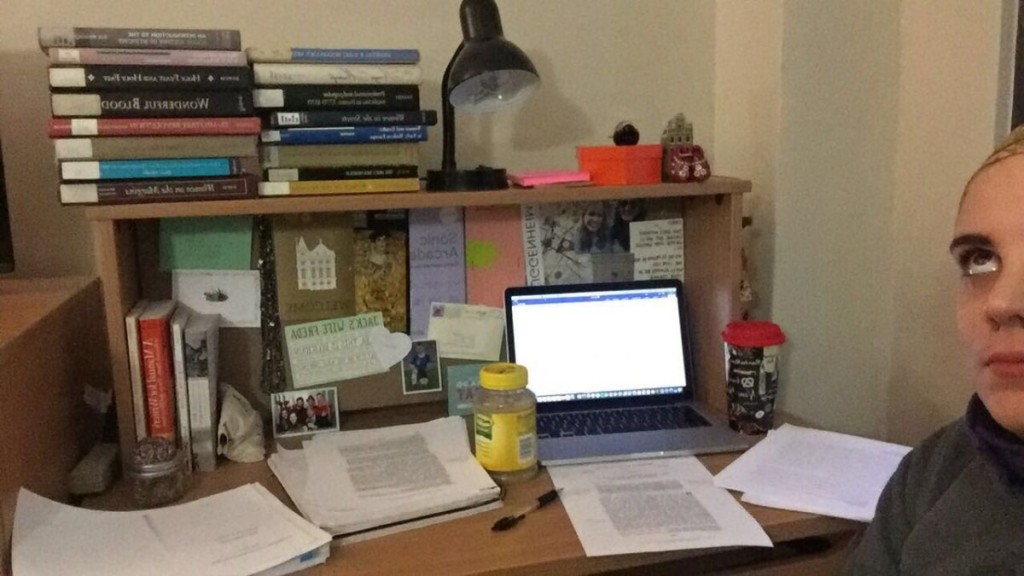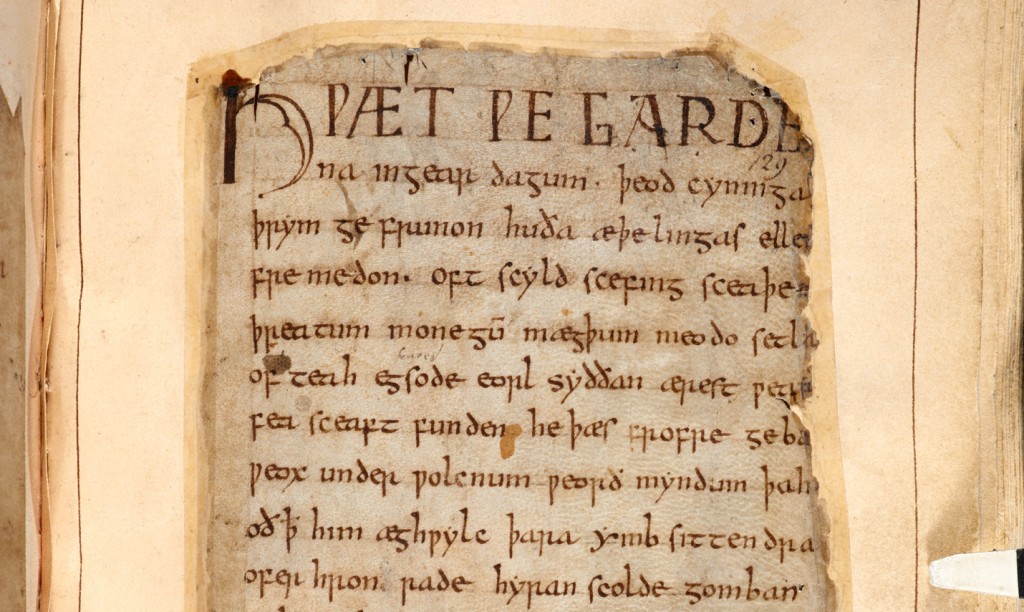Page 151 • (2,062 results in 0.052 seconds)
-
. The English requirement is intended to demonstrate competency in grammar and composition as well as comprehension and analysis of written work. In general, the English requirement is met by taking courses that schools would recognize as writing or literature courses.Behavioral Sciences: The following course is recommended for anyone entering into the Optometry field. Some programs require one or more social or behavioral science courses while others only recommend they be taken. Please check with
-
English requirement is met by taking courses that veterinary schools would recognize as writing or literature courses. Courses in the Humanities, Social Sciences and Arts The majority of veterinary schools have formal requirements for courses in social sciences, humanities and arts. However, often these requirements are waived if the applicant has or will be earning a BA/BS degree. A course in oral communication, either interpersonal or group communication or public speaking, is often
-
earlier to identify appropriate literature. Auditioning to be a Student Soloist requires the permission and approval of both the studio faculty and the Conductor of the University Symphony Orchestra or Conductor of the University Wind Ensemble, evidenced by signing the Entry Form. Obtain a Student Showcase Entry Form either from the Music Office or by downloading it from the link below. Obtain all the required signatures by the deadline specified. Turn the document in at the Music Office. Schedule
-

Women’s and Gender Studies & Holocaust and Genocide Studies at PLU, in addition to her History major. She was well-prepared for graduate school elective courses like “Human Rights and Nation States,” and “Sex, Society, and Politics in Post-1945 Europe.” As Carli puts it, in those classes and her year-long required historical literature survey and required research seminar,” I was able to utilize and build upon the intellectual base I formed at PLU and was challenged by fresh perspectives, a new peer
-
PLU students. × “You could say that the entire reason I’m here is because of her.” Professor Brown describes himself as a big horror movie fan and recently co-wrote (with Matthew Anderson, MA, from the University of Austin at Texas) an academic article on religious narratives in Ghostbusters (1984). As Professor Brown explains, you can go through the spiritualist literature of the 19th and 20th century and find five prevailing views/opinions on the spiritualist movement. “We basically analyze
-
literature and history, says “I basically do all my research on the internet, the PLU library database list is my best friend right now.” Regardless of whether students currently reside on or off campus, they find a use for Mortvedt Library’s resources. But as useful as the library is, in the Humanities there’s also great merit to be found in the input of one’s peers. James notes that “interacting with other students is super useful.” Discussion and collaboration might seem harder to partake in during
-

The Importance of Dead Languages Posted by: hoskinsk / May 6, 2020 Image: Beowulf manuscript May 6, 2020 By Reece Schatz '22English MajorAs a professor in the Department of Languages and Literature, Dr. Collin Brown teaches Norwegian language and Nordic studies at Pacific Lutheran University. However, his love for his work runs so deep, he also started and manages a club called “The Dead Languages Society.”As a member of this club myself, allow me to explain what we do. The Dead Languages
-
Spring 2021 English Capstones[ Seminar in Fiction Writing | Seminar in Literature | Seminar in Poetry ]Engl 429: Capstone Seminar in Fiction Writing, Dr. Jason SkipperThursday, May 20 | 4:00-7:15pmJessica LePoidevinLucianne TrenaryLittlepage GreenElena BauerMim LindblomJessica LePoidevin4:00-4:35pm Capstone Title: “Leaving it Open” Lucianne Trenary4:40-5:15pm Capstone Title: “She Loves Me” Littlepage Green5:20-5:55pm Capstone Title: “Hearts for Sale” Elena Bauer6:00-6:35pm Capstone Title: “The
-
to the stories elevated in museum spaces. By drawing on space-place theory, literature on identity work in museum spaces, and personal experience interning at the Northwest African American Museum, I explore the reciprocal relationship between the physical context of a museum and the stories it houses. Reflecting the shift from narratives of normative colonialism to those of postcolonial structures, the physical construction of museum entryways aid how narratives are confirmed and refined within
-
field of Latino/a/x literature. Through an examination of narrative texts from different times and places, we will focus on how U.S. Latino/a/x writers reinscribe native roots, cultures, and languages in order to respond to the uncertainties of geographical displacement. English majors may count this course with prior approval from the chair of the English department. (4) Hispanic Studies HISP 101 : Elementary Spanish - GE Development of basic communicative proficiency in listening, speaking
Do you have any feedback for us? If so, feel free to use our Feedback Form.


